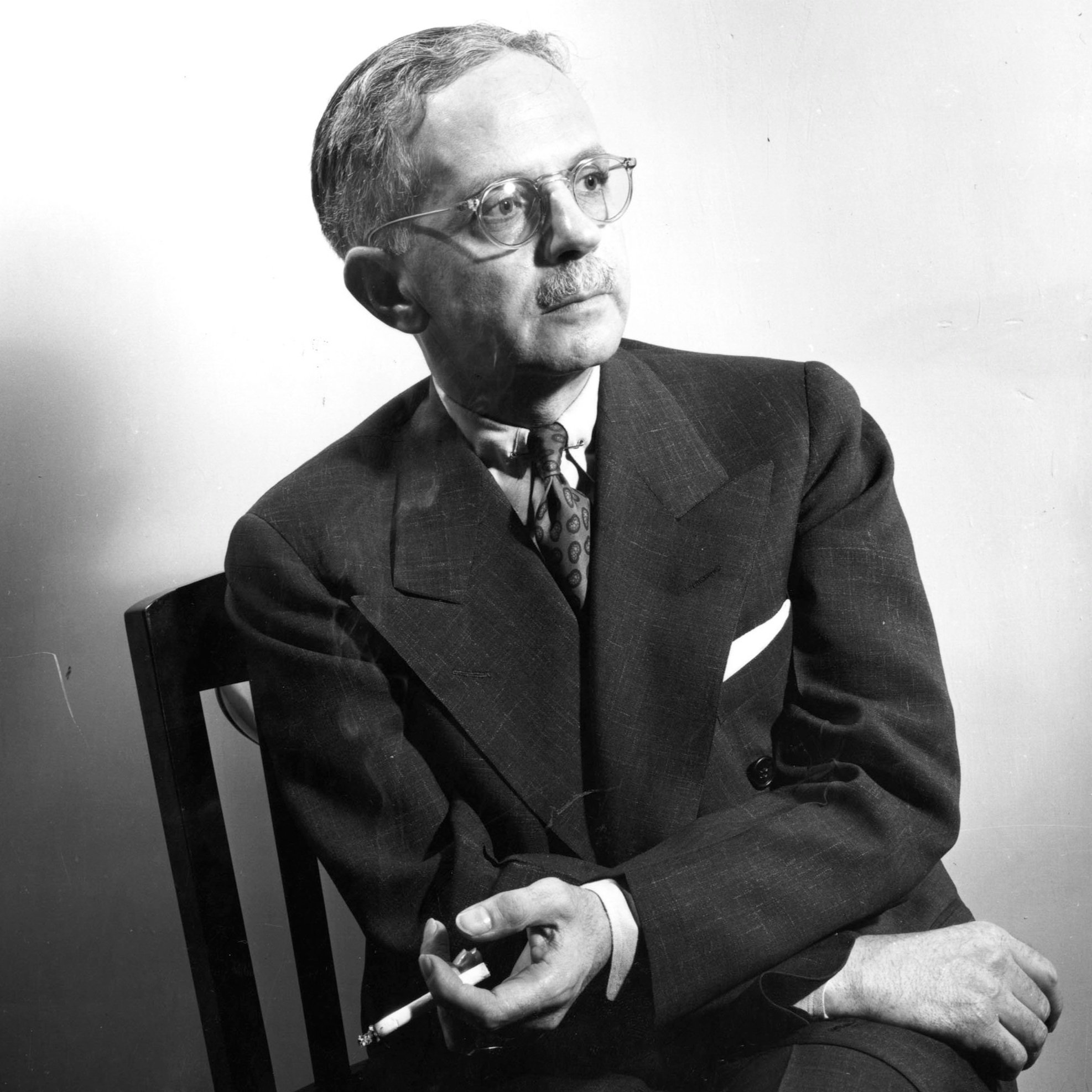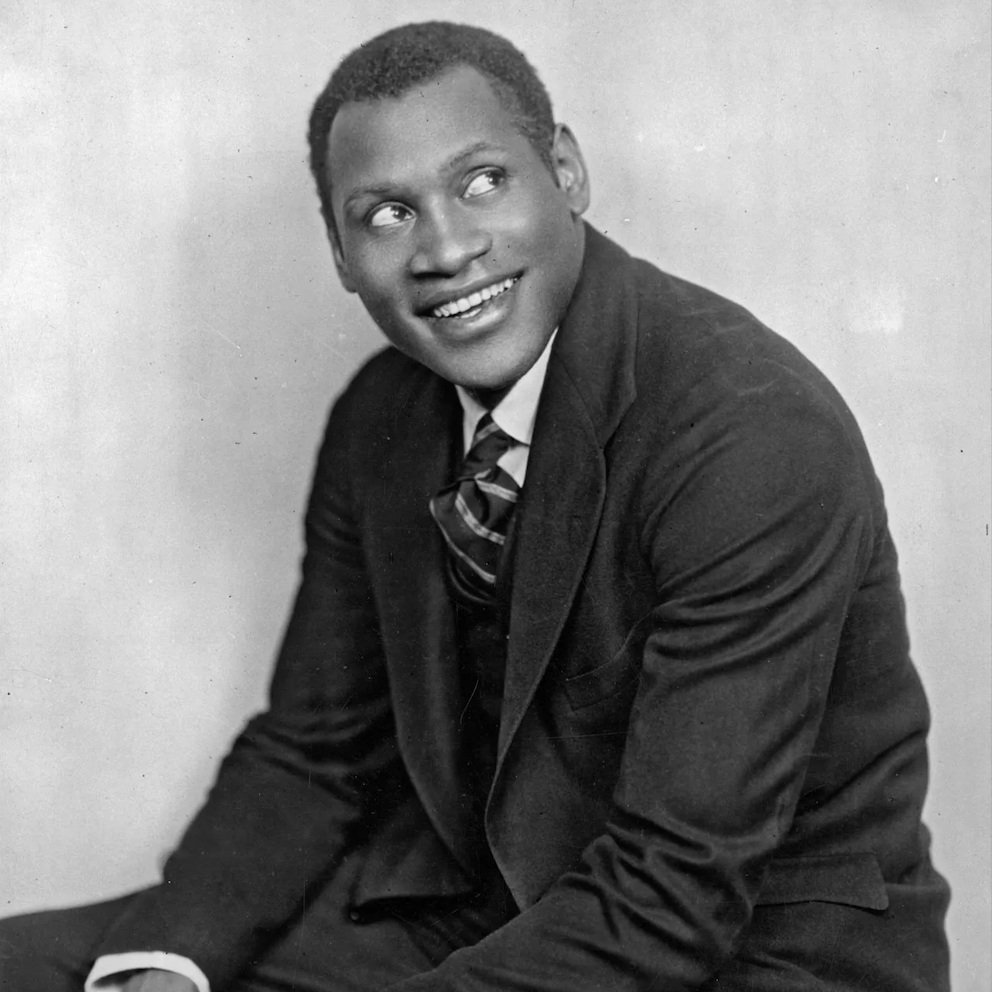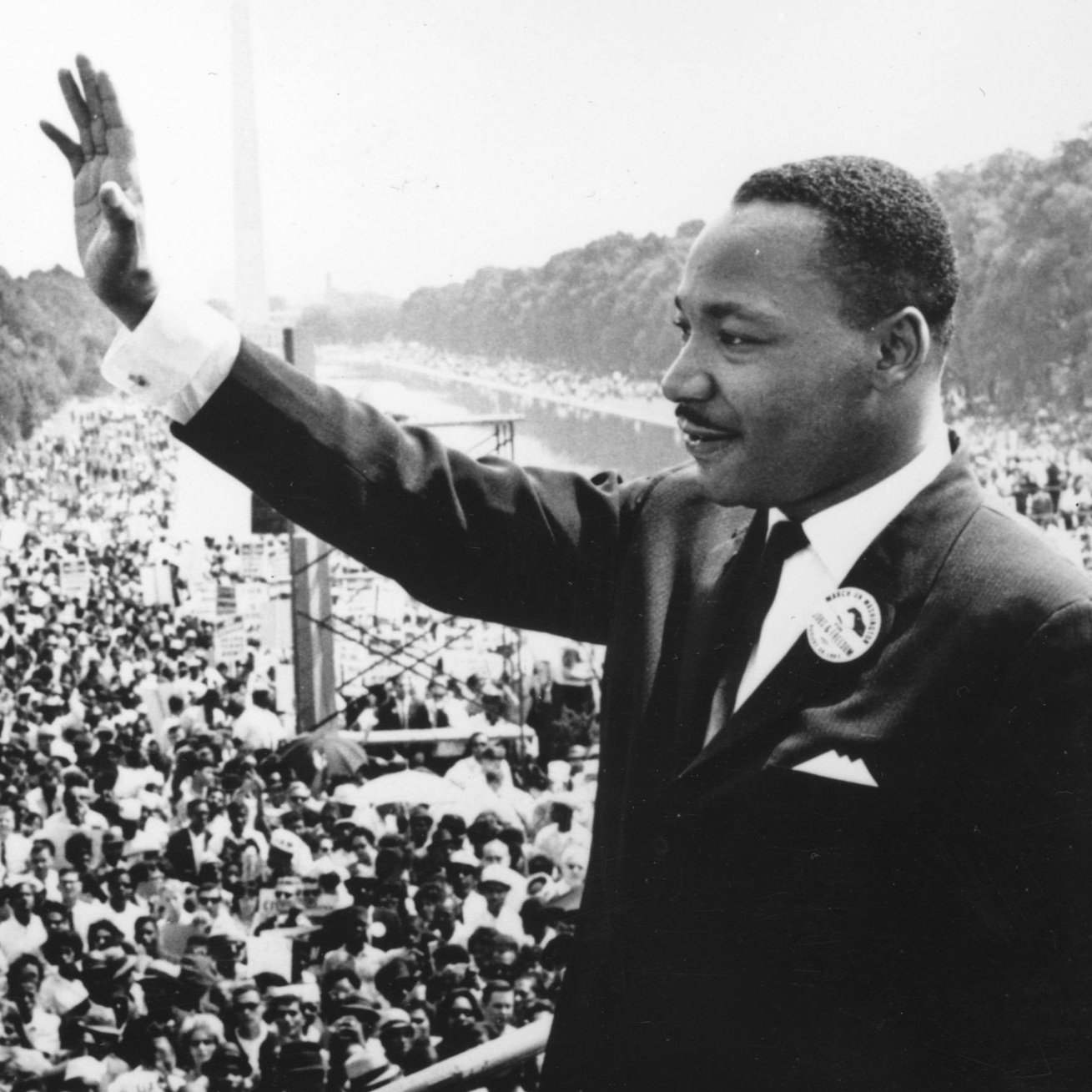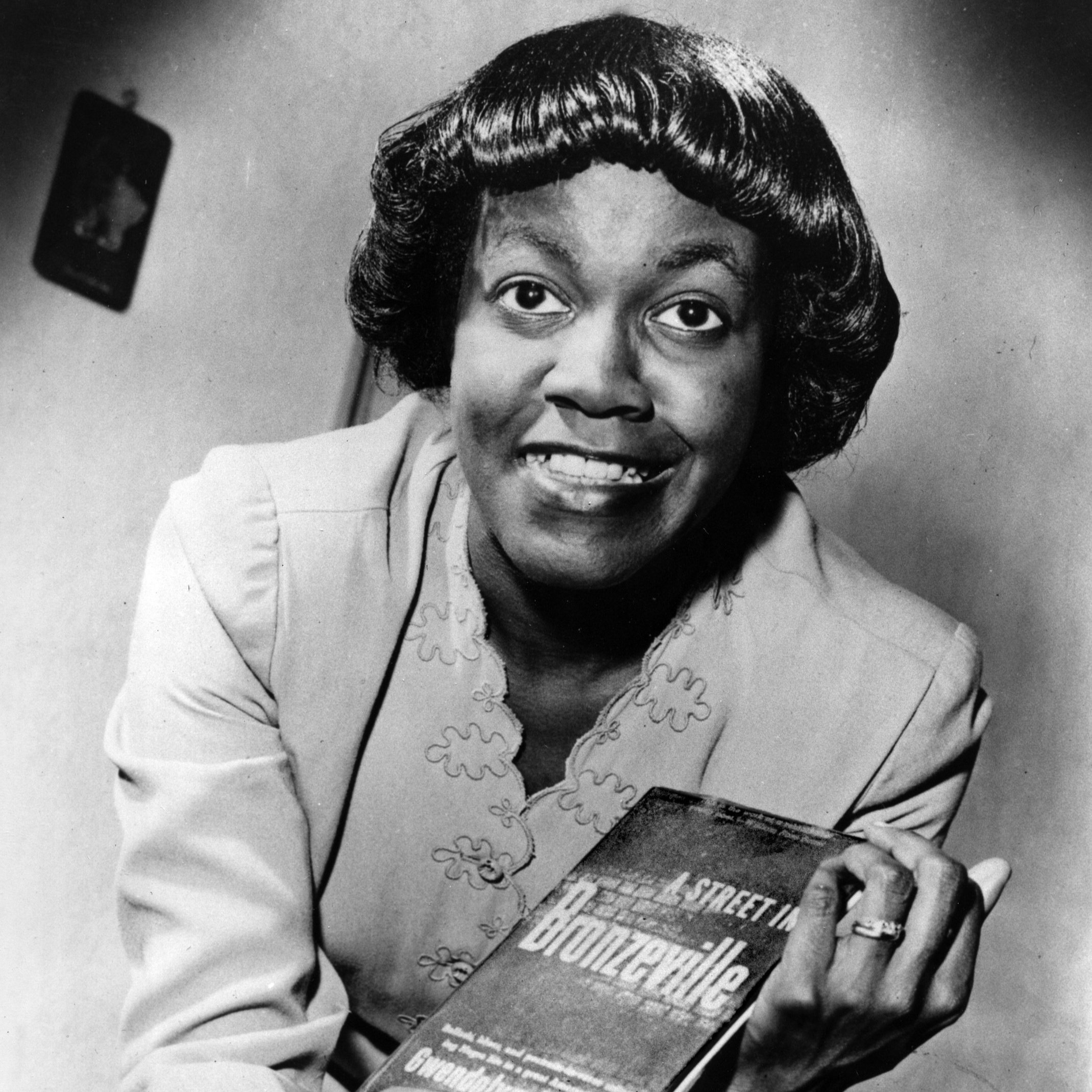Historic Friends of the Spencers
Anne and Edward Spencer formed many amazing friendships throughout their lives, from renowned artists connected to the Harlem Renaissance to Civil Rights activists and beyond. Many visited 1313 Pierce Street and stayed with Anne and Edward Spencer during their lifetime. While their home was a frequented visiting spot for many African American figures traveling through the South, it was not a green book stop. Rather, it was a place where friends came to visit, share ideas, and recharge together. Read about friends and visitors of the Spencers below!
Sterling A. Brown
Sterling A. Brown (born May 1, 1901, Washington, D.C., U.S.—died Jan. 13, 1989, Takoma Park, Maryland), was an influential African-American poet, critic, and teacher whose poetry was rooted in folklore sources and Black dialect. Teacher at Howard University for 40 years, Brown was one of the first scholars to identify folklore as a vital component of the black aesthetic.
Vernon Johns
Vernon Johns was an American minister based in the South and a pioneer in the civil rights movement. He is best known as the pastor of the Dexter Avenue Baptist Church in Montgomery, Alabama.
Georgia Douglas Johnson
Georgia Douglas Johnson was one of the most accomplished African American woman poets and an important figure of the Harlem Renaissance.
Mary Rice Hayes Allen
Mary Rice Hayes Allen was an American educator and activist. She served in many notable positions including interim president of Virginia Theological Seminary and College and president of the Montclair NAACP.
Walter F. White
Walter Francis White was a civil rights activist who led the National Association for the Advancement of Colored People (NAACP) for a quarter of a century, 1929–1955, after joining the organization as an investigator in 1918.
Paul Robeson
Paul Leroy Robeson was an American bass-baritone concert artist, stage and film actor, professional football player, and activist who became famous both for his cultural accomplishments and his political stances.
Claude McKay
Claude McKay, born Festus Claudius McKay in Sunny Ville, Jamaica in 1889, was a writer, poet, and key figure in the Harlem Renaissance, a prominent literary movement of the 1920s.
Thurgood Marshall
Thurgood Marshall was an American lawyer, civil rights activist, and the first Black justice on the U.S. Supreme Court. He served from October 1967 until October 1991.
Paul Laurence Dunbar
Born June 27, 1872, to two formerly enslaved people from Kentucky, Paul Laurence Dunbar became one of the first influential Black poets in American literature. He is acclaimed for his dialectic verse in collections such as Majors and Minors (1895).
Gregory W. Hayes
Gregory W. Hayes was a prominent leader in the Baptist community of African Americans in Richmond, Virginia. In 1891, he became the president of the Virginia Theological Seminary and College (later Virginia University of Lynchburg), which he led until his death in 1906.
Martin Luther King Jr.
Martin Luther King Jr. was an American Baptist minister and activist who became the most visible spokesman and leader in the civil rights movement from 1955 until his assassination in 1968.
James Weldon Johnson
James Weldon Johnson was a writer, civil rights activist, and key figure of the Harlem Renaissance. He notably served as executive secretary of the NAACP and wrote the lyrics for "Lift Every Voice and Sing," known as the Black national anthem.
Langston Hughes
Langston Hughes was an American poet, social activist, novelist, and playwright. One of the earliest innovators of the literary art form called jazz poetry, Hughes is best known as a leader of the Harlem Renaissance.
W.E.B. Du Bois
W. E. B. Du Bois, was a sociologist and civil-rights leader. He famously conducted empirical studies on the social situation of African Americans from 1897–1910.
Countee Cullen
Countee Cullen was an American poet, novelist, children's writer, and playwright, particularly well known during the Harlem Renaissance. He published his acclaimed debut volume of poetry, Color, in 1925.
George Washington Carver
George Washington Carver was the most prominent Black scientist of the early 20th century and an inventor who developed hundreds of products using peanuts, sweet potatoes, and soybeans.
Lawrence A. Jones
Lawrence Arthur Jones was a twentieth-century African-American artist and printmaker. Born in Lynchburg, Virginia, Jones most notable accomplishment is his establishment of a fine arts program at Jackson State University in Mississippi.
Marian Anderson
Marian Anderson was one of the most famous African-American singers of the 20th century. In 1955 she became the first African American to perform with the Metropolitan Opera in New York City.
Gwendolyn Brooks
Gwendolyn Elizabeth Brooks was an American poet, author, and teacher. Brooks won the Pulitzer Prize for Poetry in 1950, making her the first African American to receive a Pulitzer Prize.





















